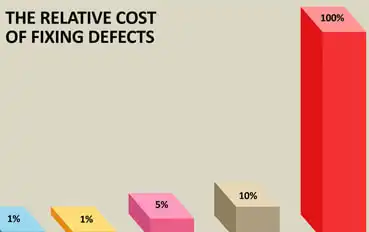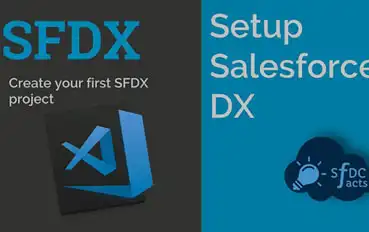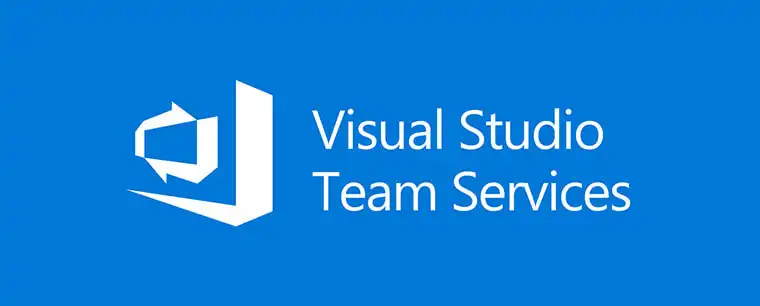Here are 8 things you’ll get by using a generic code quality tool in Salesforce:
- Irrelevant Information that Obscures Findings
- Minimal Salesforce Coverage
- Unhelpful Focus on CVE/CVSS Scores
- Difficult Integrations across Components
- Limited Customizations
- Incompatibility with Surrounding DevOps Toolsets
- Lack of Coverage that Creates Data Security Vulnerabilities
- Requirement for Language Coverage and Salesforce Expertise

 Generic code quality tools might save money up front, yet end up costing more in the long run because of missed errors, unreliable reports, and insufficient coverage for Salesforce DevOps.
Generic code quality tools might save money up front, yet end up costing more in the long run because of missed errors, unreliable reports, and insufficient coverage for Salesforce DevOps.
 The Salesforce environment itself includes a series of aspects like Apex code, Lightning components, declarative configurations, and Visualforce pages. Every DevSecOps tool in your application lifecycle management system needs to be able to understand and integrate with all of these aspects to provide the coverage you need to remain secure and productive.
The Salesforce environment itself includes a series of aspects like Apex code, Lightning components, declarative configurations, and Visualforce pages. Every DevSecOps tool in your application lifecycle management system needs to be able to understand and integrate with all of these aspects to provide the coverage you need to remain secure and productive.
 When it comes to the quality and security of your Salesforce DevOps projects, a high-quality static code analysis tool is essential. A combination of language coverage and Salesforce domain expertise enables DevOps teams to address and remediate the most critical vulnerabilities in the code before they have a chance to harm their environment.
When it comes to the quality and security of your Salesforce DevOps projects, a high-quality static code analysis tool is essential. A combination of language coverage and Salesforce domain expertise enables DevOps teams to address and remediate the most critical vulnerabilities in the code before they have a chance to harm their environment.



